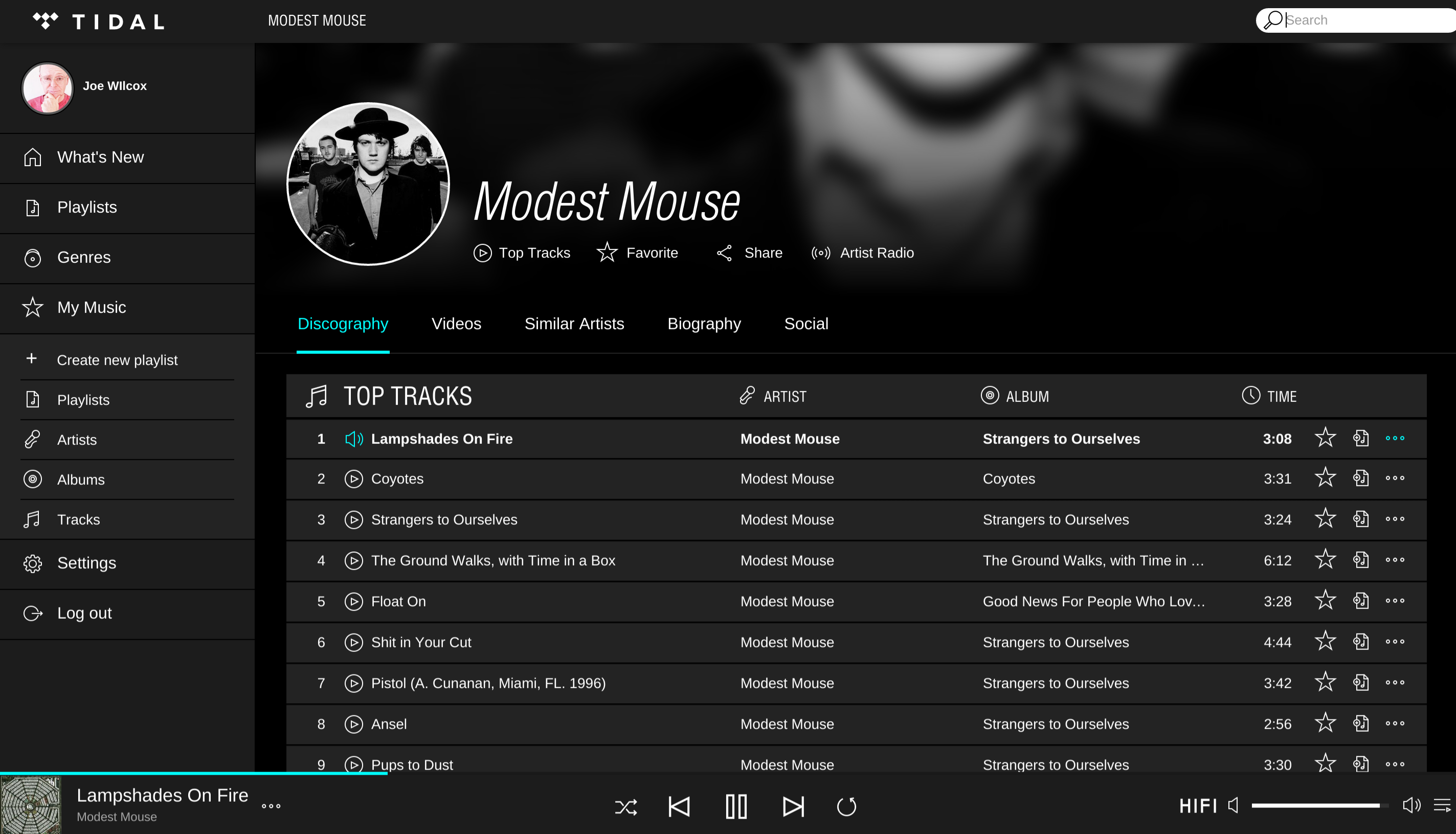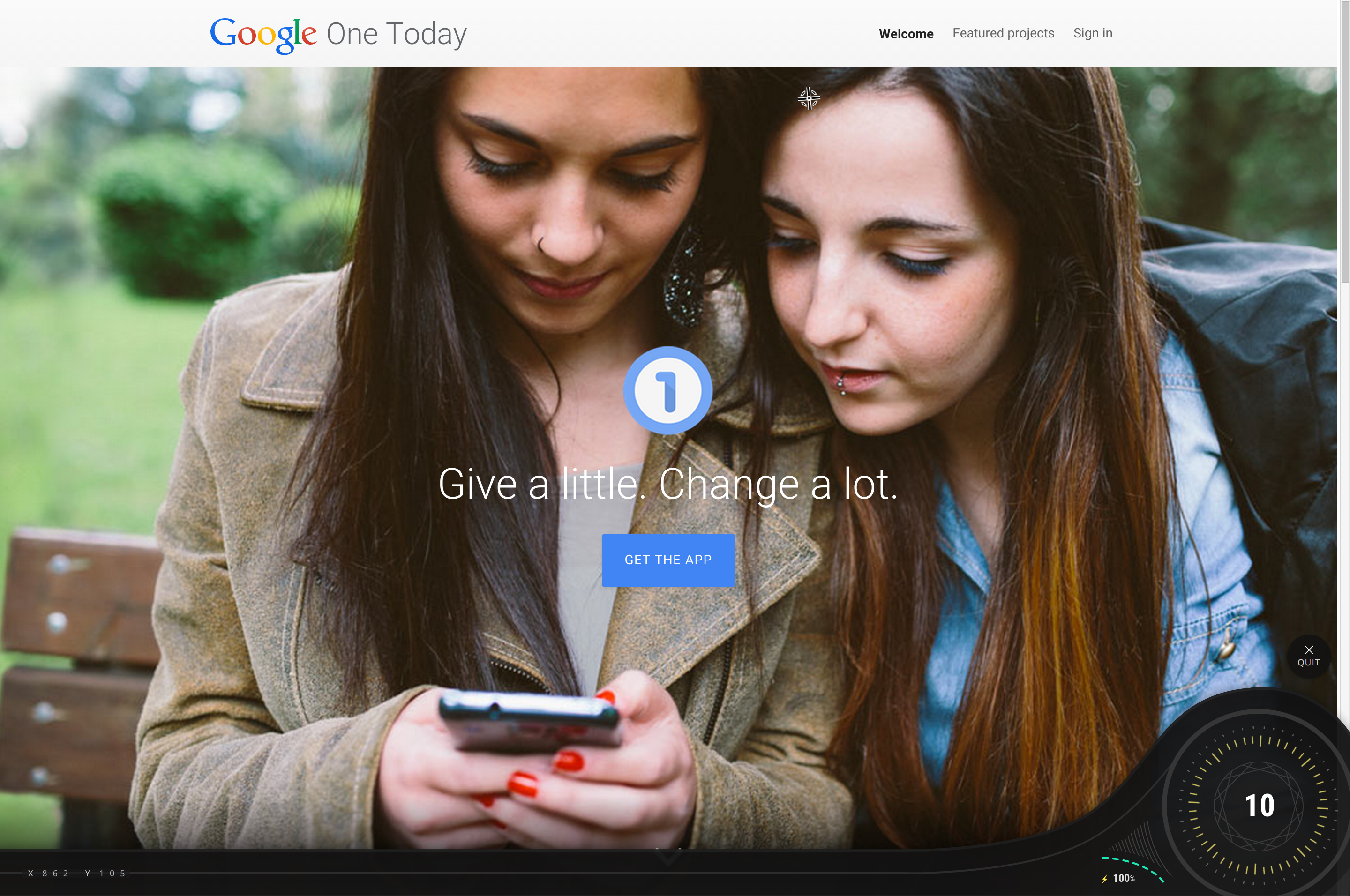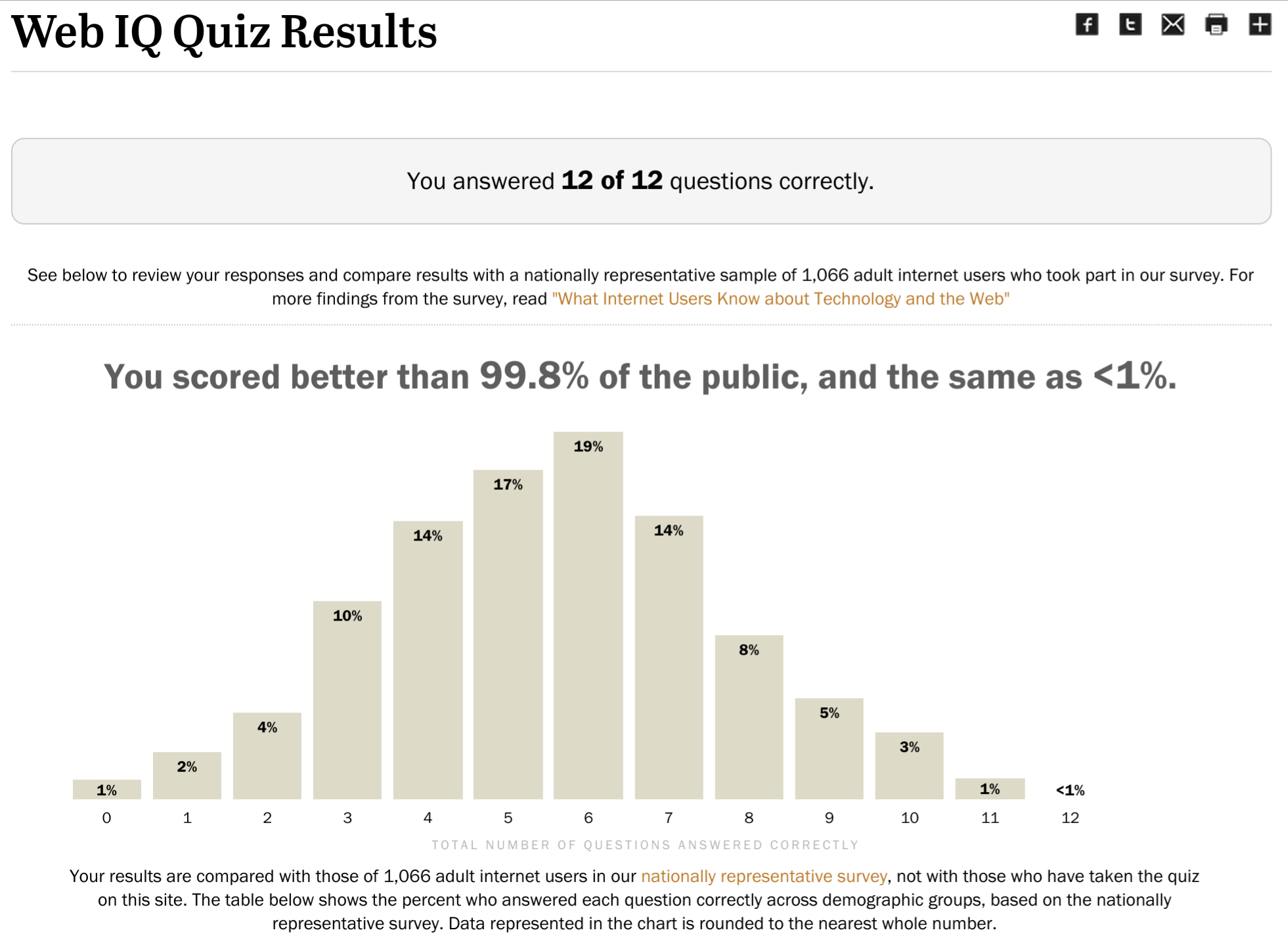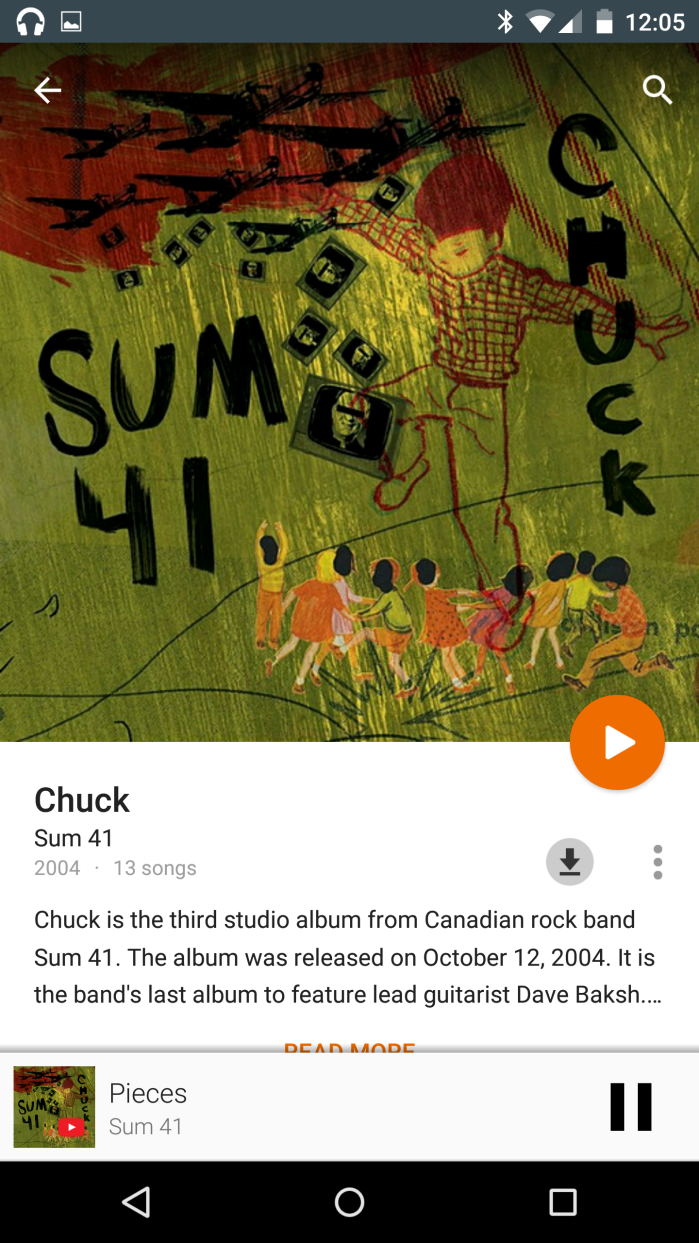Lossless leader Tidal has a problem. Last month’s splashy relaunch let critics control the narrative, defining the streaming service as a tool for pampering the bank accounts of already successful musicians. But Tidal is something else: Affordable HiFi streaming for the listening elite—those people who want to enjoy music the way it was engineered, produced. The streamer should be the coolest thing, but the Jay Z ownership team fraked up the marketing messaging. Problem is fixable, but correction requires aggressive advertising, promotional pricing, and extraordinary exclusives.
For more than three weeks, I have listened to nothing but Tidal, and the service should challenge everyone signing up for the 30-day trial to do likewise. There is no other way for the majority of people to appreciate the aural benefits. The majority of potential subscribers are too accustomed to the muddy, mushy, overly-bassy sound of compressed, low-fidelity AAC or MP3 files. The brain and ears need to be freed from the habitual crappy sound to which they’re accustomed. iTunes is a prison. Spotify is another. Tidal will liberate you. But you must want freedom to attain it.











